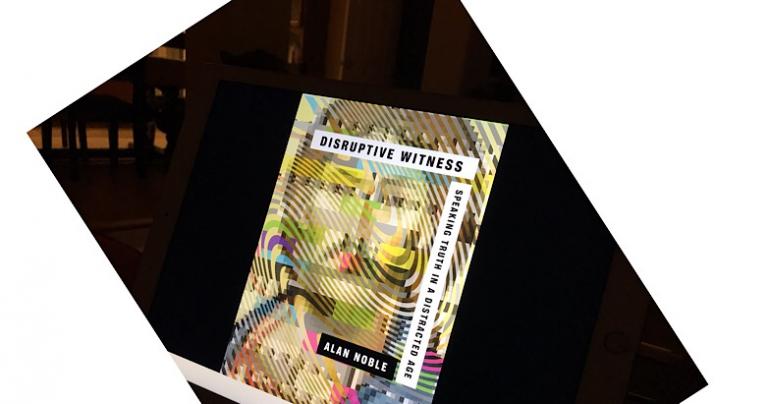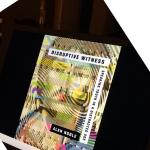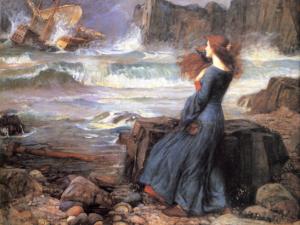
We are too busy to have deep views about anything for which we are not paid. We are distracted and so shallow, a condition that Professor Alan Noble describes as “secularism.”
We are distracting ourselves to death.
In his new book, Disruptive Witness, Noble recommends some community ideas. The Saint Constantine School has adopted some, such as:
Primary schools could move away from screens as much as possible and extend reading and silent-reading times.
Noble rightly sees that such voluntary activities will only nudge us in the right direction. We will continue to be distracted because we (mostly) enjoy being distracted. Any solution that gives power to some central administration to help us “contemplate” will be more dangerous than the distraction.
The Chinese atheist state might try to control citizens, but a free person must say no—if he can recall the evils of statism while playing a phone game. The central reason for decay is not distraction or even secularism, but a radical individualism severing connections to anything greater than self:
The heart of our distracted, secular age is a cognitive movement toward the individual.
None of us who is not the Son of God is the center of existence—not even of human existence. We are not taught this truth. Instead, we are sold products. The simplest way to sell is to cater to our needs. Professor Noble rightly sees that if the Church can disrupt the endless sales pitches, then we can offer hope for escaping our own heads.
The living God can help us move from endless self-centeredness to a Godwardness:
By movement I mean a habit of exercising belief that can form our hearts to know God. The result of these habits should be a deeper sense that we live in a created world sustained by a loving God, and an openness to the way creation and revelation pierce our buffered selves and interpret us.
I am not turned away from navel-gazing to stare into a void, but to look at the good, true and beautiful.
This is the movement we need—a double movement in which the goodness of being produces gratitude in us that glorifies and acknowledges a loving, transcendent, good, and beautiful God.
Alan Noble will not allow us to merely “choose God” as an option. He insists that God is real and so is the end of all our desires. We see goodness, rightly see God as the final cause of that goodness, and so are washed in super-abundant joy. God needs nothing but grants everything. The Professor is bold to say that no beauty, especially no person’s beauty, is for me, but for the glory of God.
In beauty, in the hint of glory, seen in creation or great art, Noble sees an allusion to the glory of God. Beauty is “a reference, a hint, a sign pointing toward something else.”
This is a good description of Diotima’s ladder in Symposium, a Platonism that Noble does not mention, but needs. It was Plato who began pointing from the love of someone or something beautiful to the Good. The cosmos itself points beyond itself because there is eternity in our hearts and the cosmos is not eternal, always changing and not eternal.
Is Alan Noble giving us Platonism for Evangelicals without once mentioning Plato?
Whatever Noble might think of this, he does give us a most valuable tool. Many have complained about individualism, but surely few wish to disappear into a sea of statism or mass culture. We can be people without individualism:
Christian personalism is a philosophical movement that started between the world wars, primarily in France. In his foundational text on the movement, Emmanuel Mounier differentiates personalism from individualism by noting that the latter is focused only on inwardness and defending the individual, whereas personalism moves inward only to move outward.
Even then, I might have accused Noble of looking to individuals to change and so avoid individualism. He is too logical, too consistent a thinker for that mistake. Instead, he concludes:
As we embody countercultural values and beliefs, we serve as lights in a world that many of our neighbors experience as dark, cold, and indifferent. But as valuable as these personal practices are, the greater witness must come from the church.
Buy the book.
_______________________
Alan Noble is the “co-founder and editor in chief of Christ and Pop Culture.” If you are not reading Christ and Pop Culture and you are interested in Christ and/or Pop Culture, then bad. Go and subscribe.
I am slow-reading his new book. Part 1, Part 2, Part 3, Part 4, Part 5,
Rachel Motte edited this essay.

















